Publications
Articles, publications, books, tools and multimedia features from the U.S. Institute of Peace provide the latest news, analysis, research findings, practitioner guides and reports, all related to the conflict zones and issues that are at the center of the Institute’s work to prevent and reduce violent conflict.
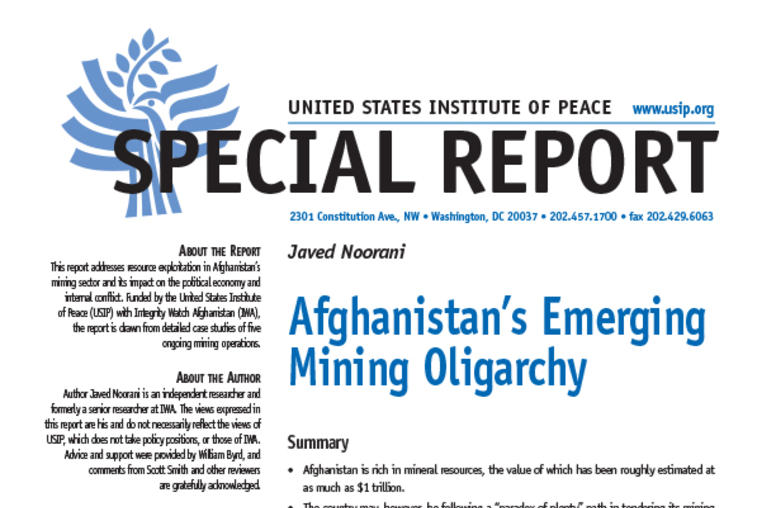
Afghanistan’s Emerging Mining Oligarchy
Rich in natural resources—ferrous and nonferrous metals and strategic minerals in particular—Afghanistan faces a dual threat as international troops withdraw and international aid declines. On the one hand are inadequate government revenues. On the other is the resource curse that affects so many low-income countries. This report, drawn from case studies of five ongoing Afghan mining operations, addresses resource exploitation, its impact on the political economy and internal conflict, and po...
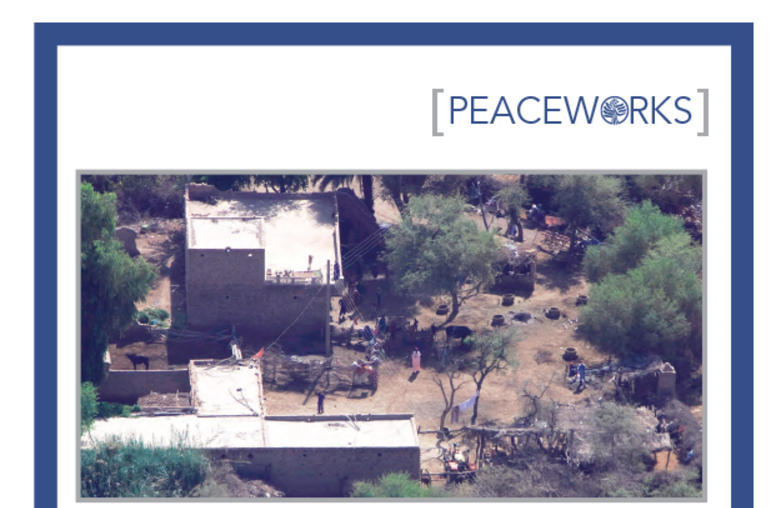
Conflict Dynamics in Sindh
Pakistan’s southern province of Sindh has a reputation for stability, diversity, and tolerance. It is also at a tipping point—increasingly threatened by violent extremism, crime, political corruption, tribal feuds, and nationalist and separatist movements. If the province is not to become yet another base for militants, as areas to the north already are, the government needs to act promptly and decisively. Addressing the security situation in Sindh is also integral to stabilizing Karachi, whi...
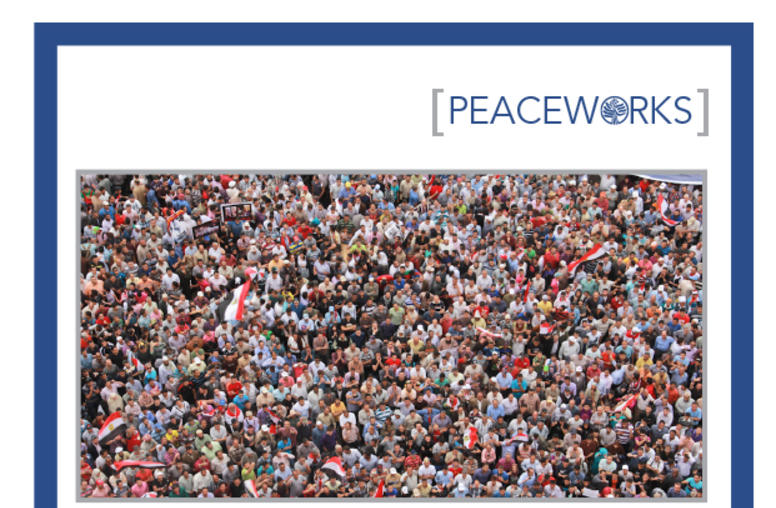
Participatory and Inclusive Constitution-Making
In the wake of the Arab Spring, citizens across the Middle East and North Africa are demanding reforms from their governments. How these governments respond to their people and promote inclusive constitution-making processes may determine whether their new social compacts lead to a durable peace. This report draws from the work of scholars and constitution makers who have been exchanging ideas about how to ensure that modern constitutions incorporate the needs and aspirations of the citizens ...
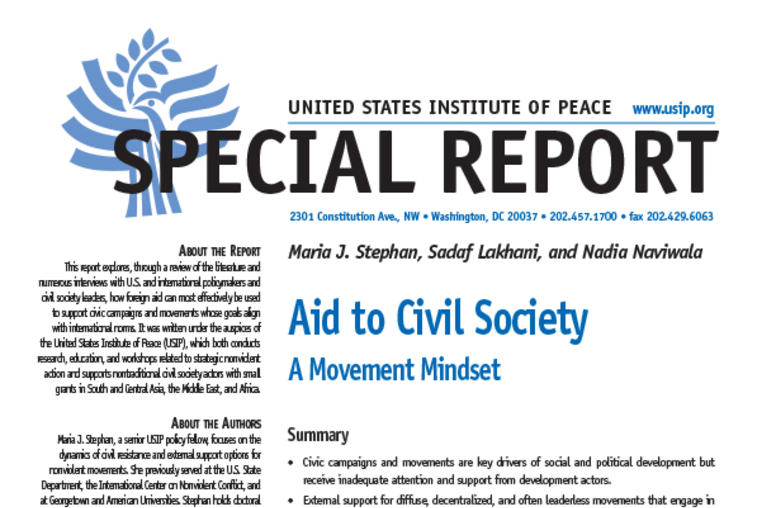
Aid to Civil Society: A Movement Mindset
Supporting local agents of nonviolent change is critical to preventing violent conflict and advancing democratic development. Civic campaigns are key drivers of social and political development, as is clear from issues-focused movements in Central and Eastern Europe, Latin America, and most recently the Middle East and North Africa. Effectively aiding civic movements that are fluid, diverse, decentralized, and often loosely organized is tricky. Drawn from a review of the literature and numero...
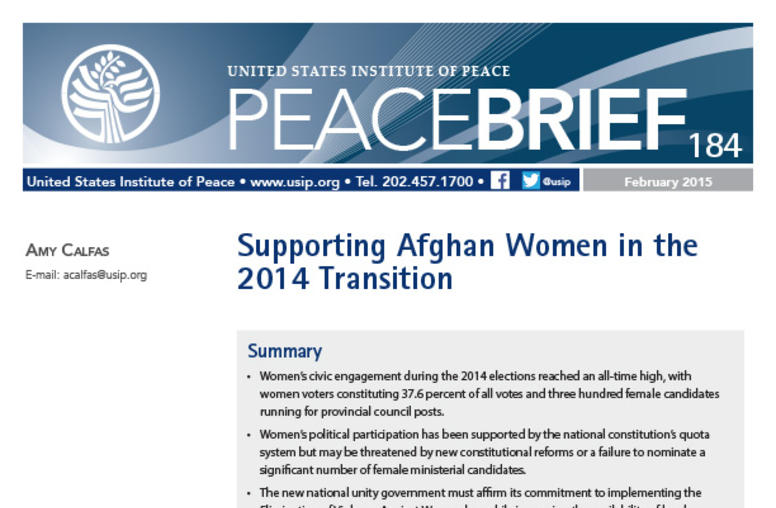
Supporting Afghan Women in the 2014 Transition
The 2014 elections in Afghanistan saw great promise for advancing the status of women, with unprecedented voter turnout among women and powerful rhetoric from presidential candidates. As the new administration sets its agenda, this report offers guidelines for Afghan leaders to fulfill their campaign promises by strengthening women’s political participation, access to justice, and involvement in the security sector.
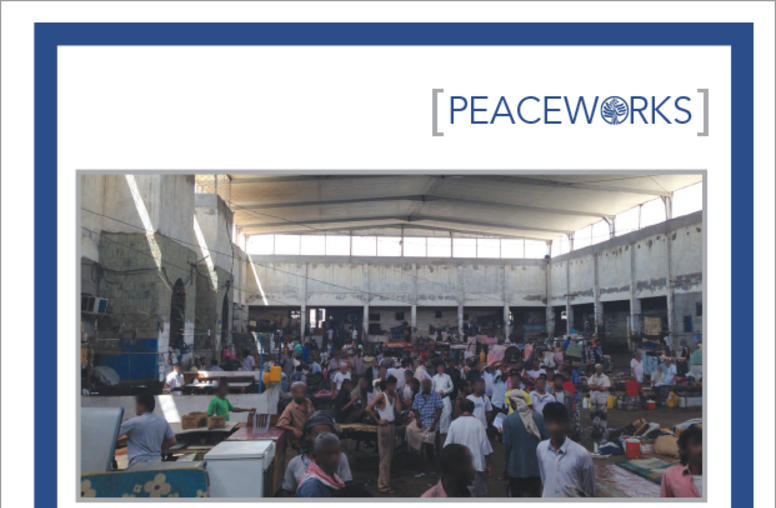
Prisons in Yemen
Since the 2011 Arab Spring crisis, Yemen has faced ongoing serious security sector challenges. Part of this reform effort is the country’s prison system, which this report—drawing on visits to thirty-seven facilities in six governorates—documents from a systems perspective. This report provides a more in-depth assessment of detention facilities and their role within larger rule of law challenges. Opportunities for prison reform are emerging, many well within reach. Arabic language version ava...
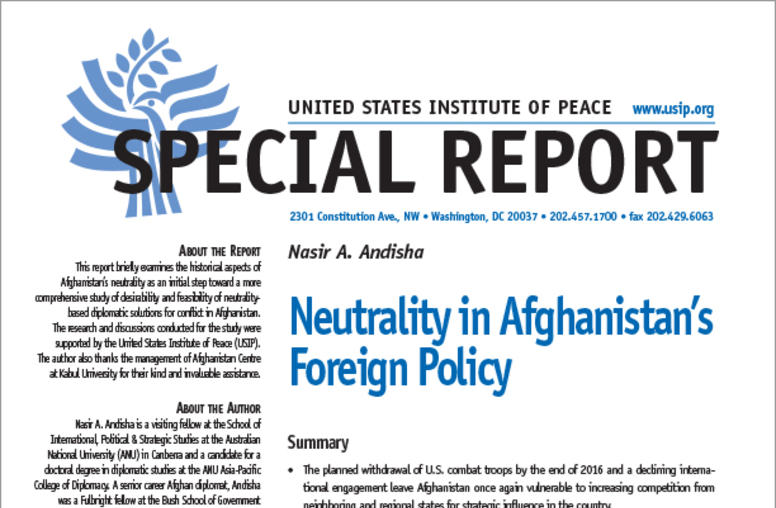
Neutrality in Afghanistan’s Foreign Policy
President Obama’s decision to withdraw all U.S. combat troops from Afghanistan by the end of 2016 leaves that country once again wide open for an intensified regional race for strategic influence in the country. The majority of experts—both Afghan and international—agree that lasting peace and stability in Afghanistan require internationally backed regional arrangements. A recent forum involving high-profile Afghan politicians, former diplomats, and civil society leaders underscores this cons...

Islamic Law, Customary Law and Afghan Informal Justice
As Afghanistan's nascent democracy works to establish the rule of law across the country, it finds itself contending with the ways that Islamic law converges and diverges from the tribal norms that shape the settling of disputes outside Kabul. Based on surveys conducted in Afghanistan, this report examines the points of tension and agreement between Islamic and customary laws, looking into both of their pasts to suggest a way forward for the Afghan state, particularly in granting greater righ...
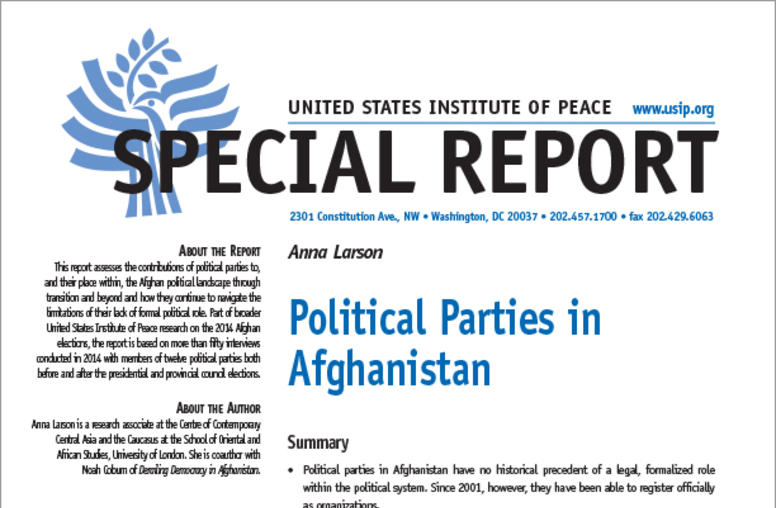
Political Parties in Afghanistan
Political parties in Afghanistan are often dismissed by international and Afghan observers as unruly and highly personalized organizations that contribute little to the democratic process. Yet they continue to play a part in shaping the political landscape, albeit in what might be considered unorthodox ways. This report assesses their history, role, and activities over the last decade and how their future might unfold under and contribute to the country’s new unity government.
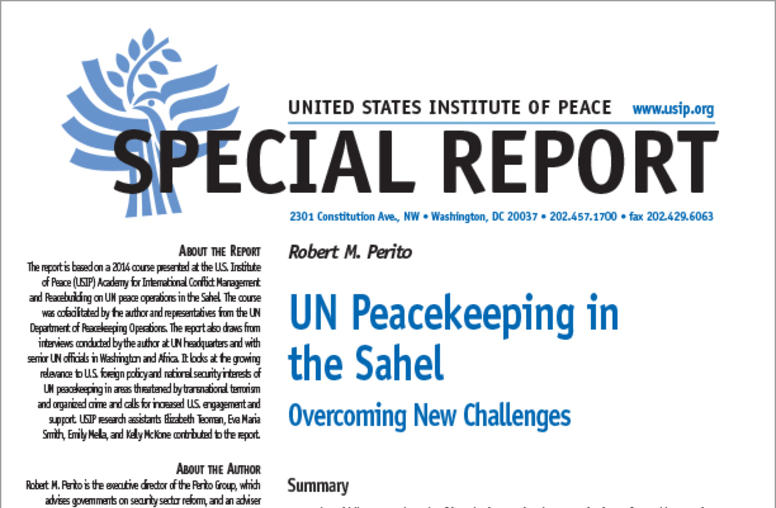
U.N. Peacekeeping in the Sahel: Overcoming New Challenges
New U.N. operations in the Sahel present unprecedented challenges for U.N. peacekeeping. They involve the United Nations directly in the struggle against transnational Islamist terrorism, weapons proliferation, and illicit trafficking by international organized crime. The United Nations must operate in countries with harsh terrain, vast expanses, poor communications, and porous borders. In response, the Security Council adopted more robust mandates based on the peace enforcement provisions of...